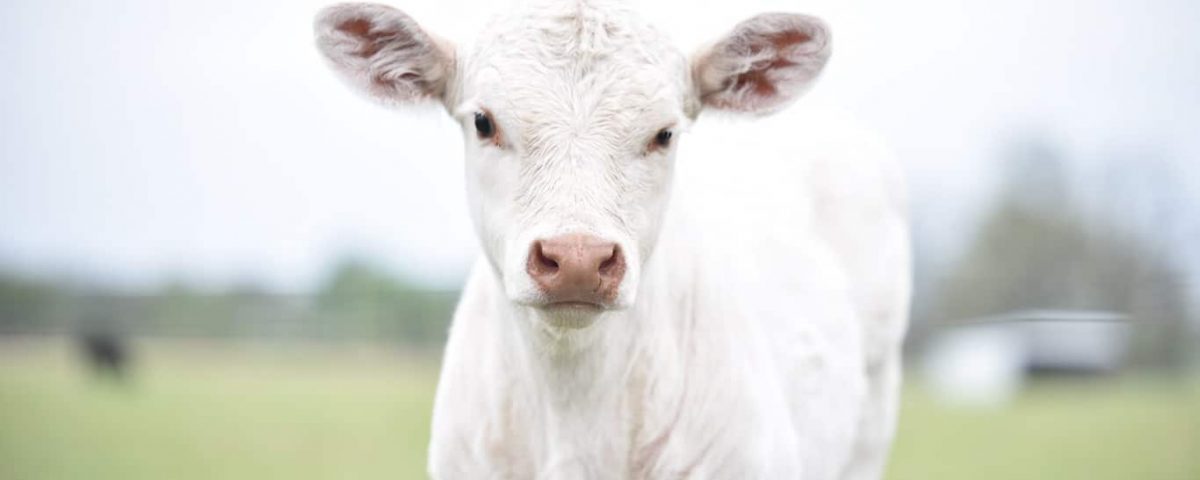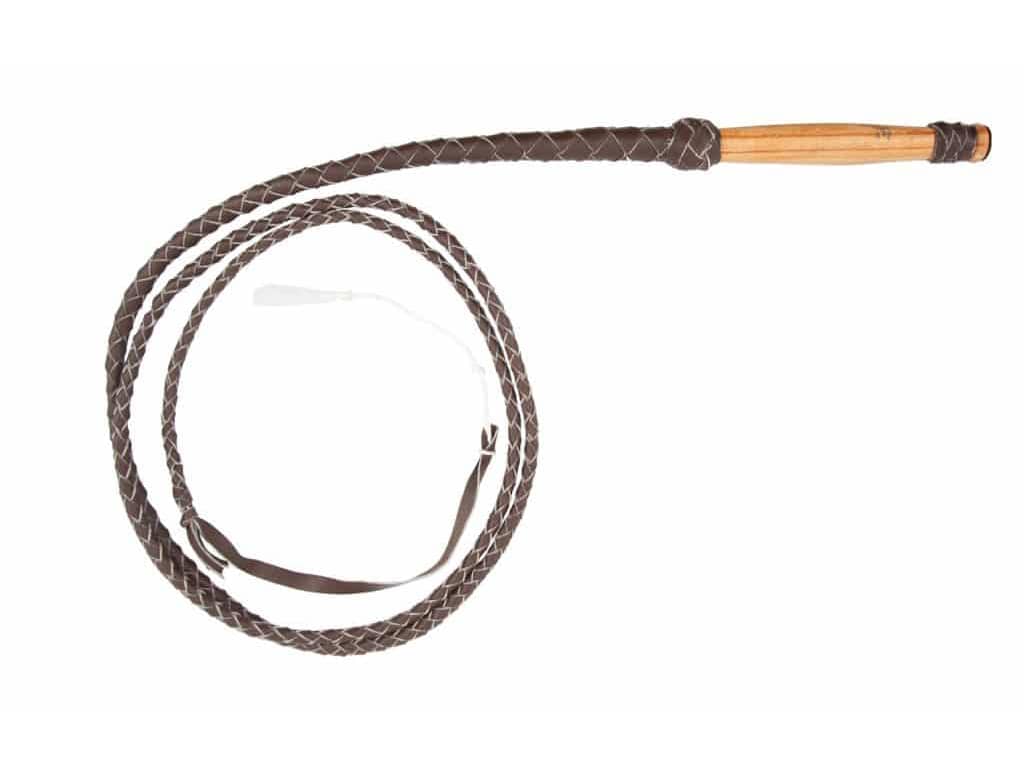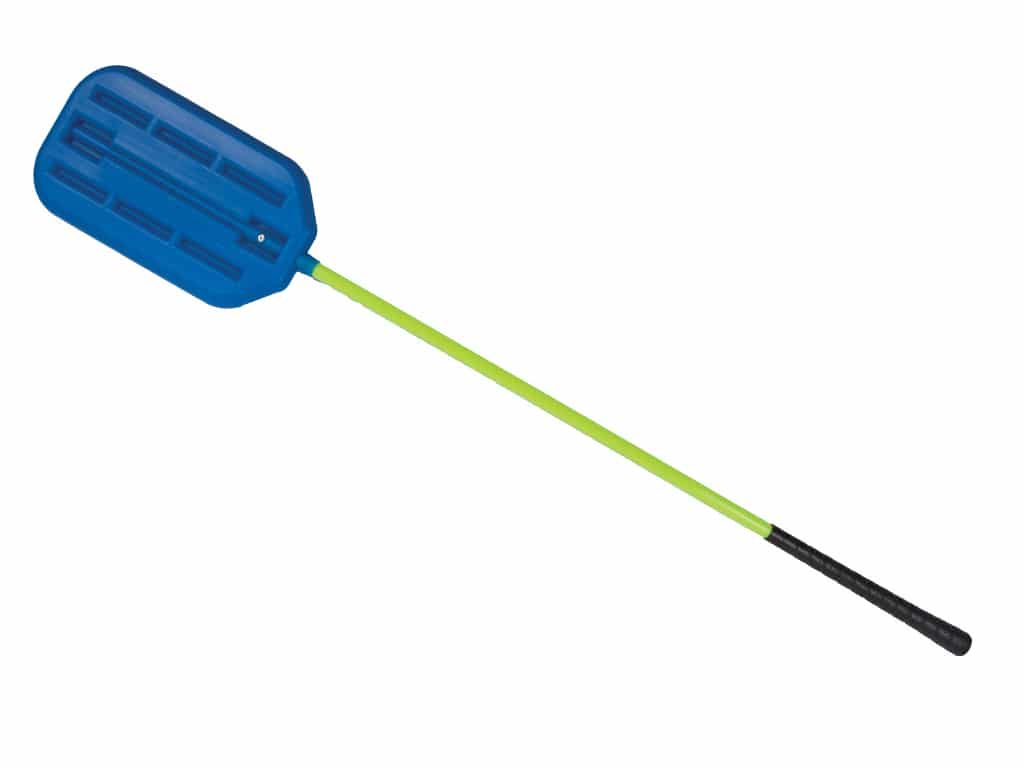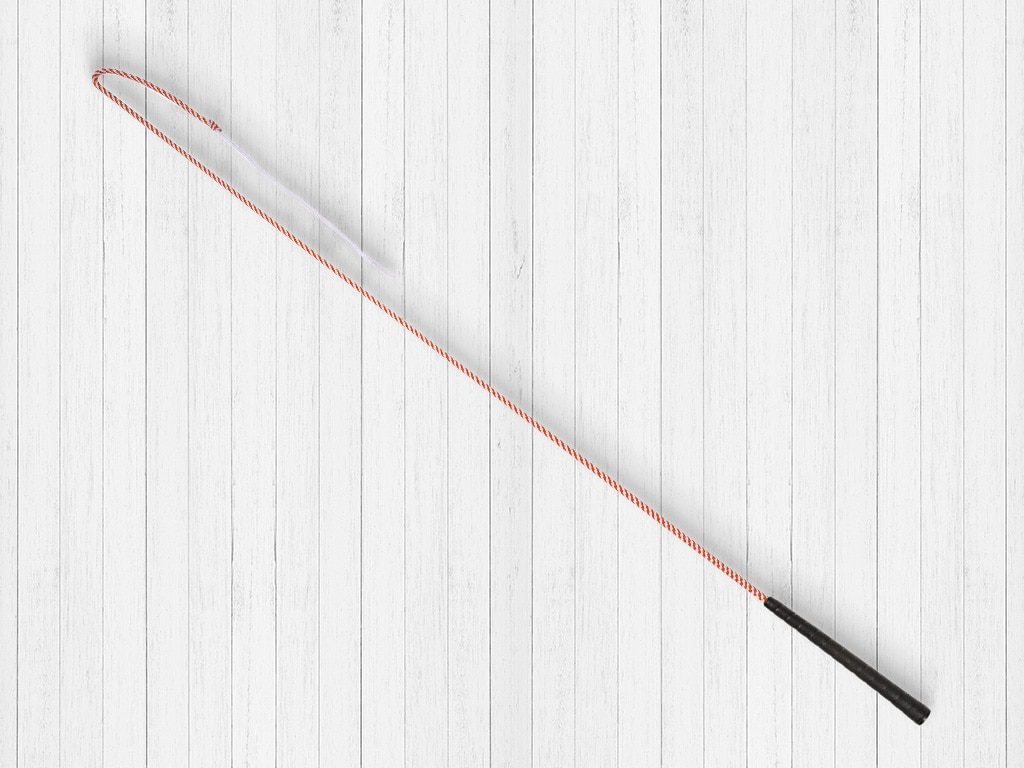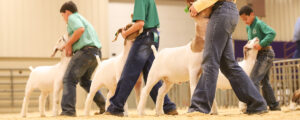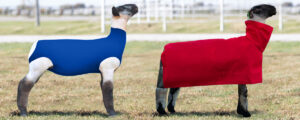Calf scours sometimes referred to as enteritis (inflammation of the intestines), doesn’t refer to a specific disease. It’s a symptom – diarrhea – that is associated with a variety of diseases that occur within the first month of a calf’s life. Diarrhea makes it difficult for a calf’s body to absorb water. Considering a calf’s body is about 70% water when it’s born, scours can quickly cause dehydration, triggering electrolyte (sodium and potassium) loss, acidosis (acid buildup), and even death.

What Causes Calf Scours?
The causes of calf scours fall under two different categories: noninfectious and infectious. Noninfectious causes are mainly seen as contributing factors that have the potential to lead to infection.
Essentially all noninfectious causes are due to shortcomings while raising the calf including:
- Inadequate environment – when a newborn calf’s “home” is contaminated, crowded, or overly dirty. By being confined to this type of environment the risk of scouring increases. Lack of proper shelter during periods of extremely bad weather also increases the likelihood of infection.
- Insufficient attention also increases the risk of scouring. When calves nurse colostrum they receive the antibodies they need to help them fight off scouring and other diseases. If they don’t start nursing within four hours of their birth their risk for scouring increases.
- Shortcomings in nutrition occur when the pregnant dam is lacking in nutrients such as protein, vitamin A, and vitamin E.
Infectious causes typically fall under four main categories:
- Bacteria such as Clostridium perfringens, Escherichia coli, and Salmonella.
- Parasites such as Coccidia and Cryptosporidium.
- Viruses such as BVD (Bovine Virus Diarrhea), coronavirus, IBD (Infectious Bovine Rhinotracheitis), and rotavirus.
- Yeast and molds.
If you intend to fight infectious causes, you also have to ensure the noninfectious causes are remedied. If you don’t the likelihood of scours reinfection is substantially higher.
Calf Scours Risks
The two biggest risks associated with calf diarrhea are long-lasting outbreaks and fatalities among sick calves. Dehydration is a serious condition and can quickly claim the lives of affected calves. The infectious agents that cause scours can also get around a herd rather quickly without proper management. This can lead to the loss of multiple cattle, young and older, which has financial consequences and is a leading cause of financial loss for cow-calf producers.
Top Calf Scours Symptoms
There are several common symptoms that occur in affected calves that will help with the diagnosis:
- Brown, green, grey, and yellow watery stools.
- Blood and mucus in the stool are potential signs of coccidia, Salmonella, and Clostridium perfringens infections.
- Depressed and weak.
- Not showing a desire to nurse.
- Sunken-eyes, hip, shoulder, and rib prominence are all signs of dehydration.
- Mobility issues such as swaying, tripping, or an inability to stand are signs of low blood sugar, a discrepancy in the bodily fluid balance, and overall weakness.
How To Treat Calf Scours
To treat calf scours at home, replace fluids with electrolyte feedings. Here are several ways you can boost their fluids and get scouring calves back on track.
- Intravenous administration is usually used on extremely lethargic calves. They are administered through a catheter that’s placed in the jugular vein. This is often done by a veterinarian.
- Oral administration is best for scouring calves who are still alert and can move around. An esophageal feeder is used to feed the calf electrolyte powders prepared by a veterinarian based on their size and needs. Early on, two electrolyte feedings with several quarts each is a standard.
- Nutritional support is required for calves with severe scours who refuse to nurse during their crucial early moments. A veterinarian can prescribe a good feeding regimen based on the calf’s situation.
- Thermal support while not directly related to fluid boosting, is an integral part of treatment. An environment that provides shelter from the elements and warm, clean bedding will keep stress low and ward off other diseases.
You should see a veterinarian to ensure you have the proper tools needed to make your sick calves healthy again. In cases of moderate to severe cases don’t take chances and seek a veterinarian’s assistance as soon as possible.
How to Prevent Calf Scours
The key to preventing calf scours is tackling the noninfectious causes.
- The pregnant damn needs to have proper nutrition during the pregnancy and nursing period.
- Newborn calves need adequate amounts of colostrum early in life, to fight future infections. They require one to two quarts within the first two to four hours of life are else their risk increases.
- Their environment needs to be dry, warm, and clean. Infectious agents are passed down through feces so maintaining their space is paramount.
- Prevent cross-contamination by isolating scouring calves. Do not allow people to work with infected and healthy calves simultaneously
How Do I Protect the Rest of the Herd?
One thing to implement long term is a consistent vaccination program. One will need to be designed specifically for your herd as there are many factors that impact the type of infectious agents that you’ll need to vaccinate against. By forming a close-knit relationship with your veterinarian, complete with records and top-notch laboratory assistance, an effective vaccination program can be curated.
Preventing and treating calf diarrhea can be extremely overwhelming for inexperienced and experienced producers alike. The key is practicing safe management techniques and doing what you can to keep contributing environmental factors to a minimum. Ensure biosecurity, hygiene, and proper nutrition are all up to par.

